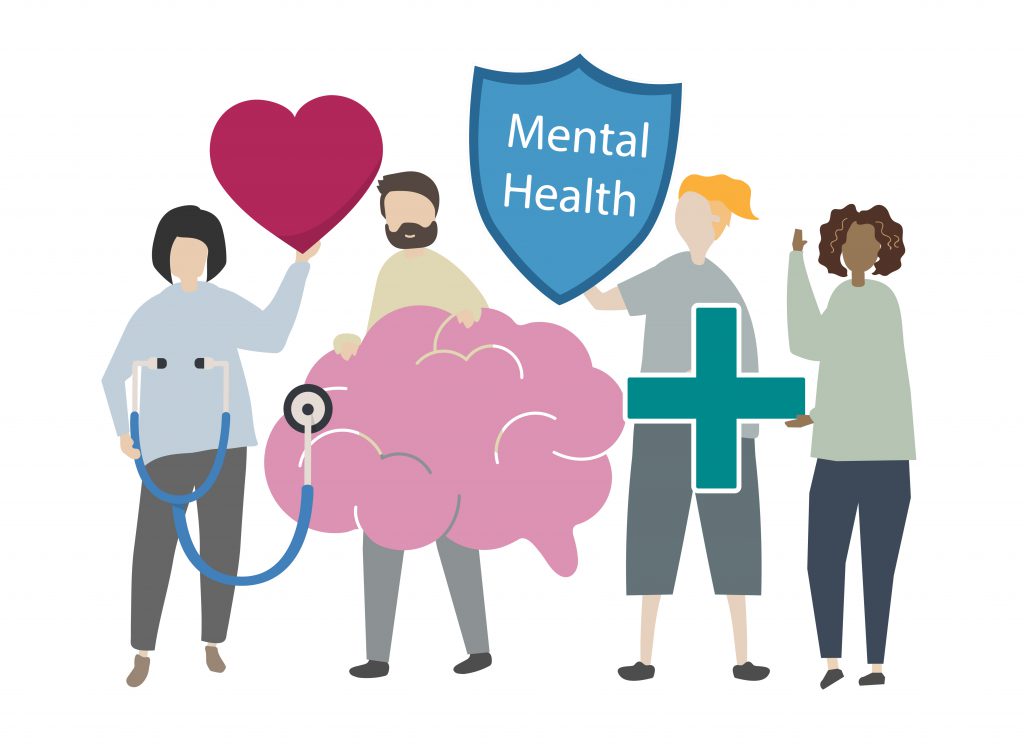
This post was reposted from its original version on the Said and Dunn blog. In this week’s post, we focus on recent work by Dr. Karmel Choi, a postdoc collaborator in the Dunn Lab, who studies the protective role of physical activity for depression. As summarized below, Karmel recently published…








Recent Comments